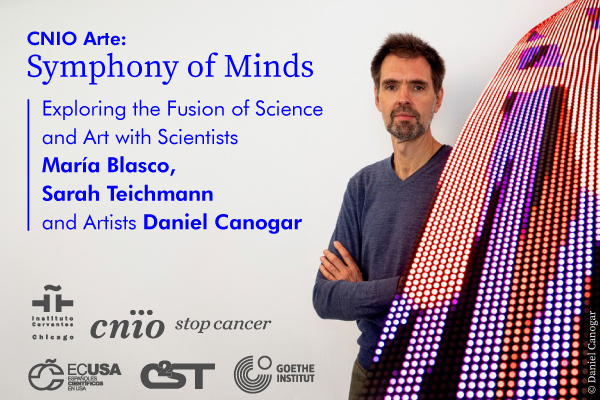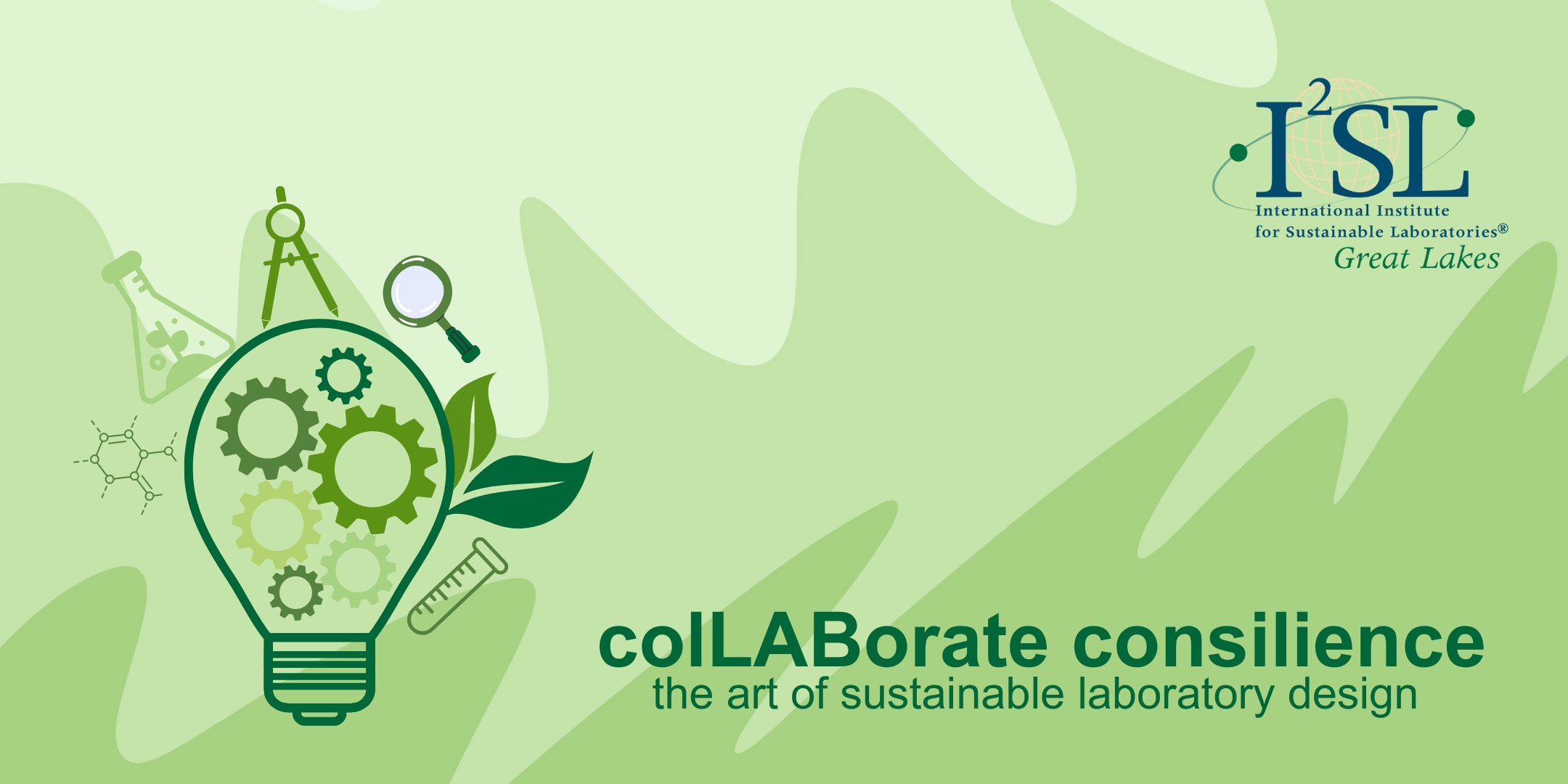
Join C2ST, The Geographic Society of Chicago, Chicago Park District, The Wetlands Initiative, and many other community science organizations for a day of fun at Big Marsh Park, one of Chicago’s largest outdoor spaces! Participate in arts and science-based activities with Calumet region scientists and attend guided walks to record nature observations! Big Marsh Park features walking, running, and biking trails that attract outdoor recreation enthusiasts of all skill levels. It is also home to a wide variety of wildlife including amphibians, reptiles, insects, mammals, and birds.
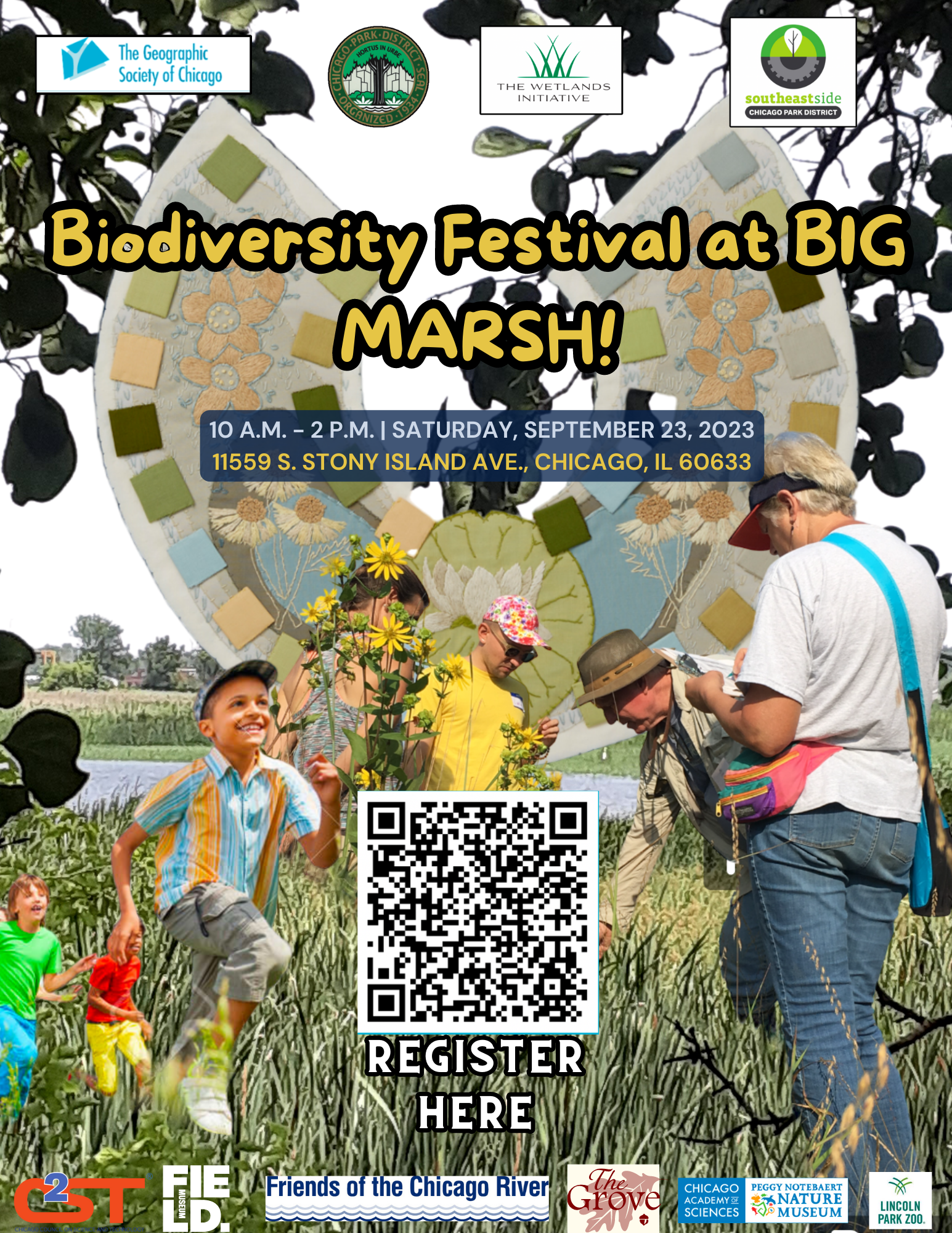
Join the Chicago Park District, Friends of Big Marsh, the Geographic Society, the Wetlands Initiative and C2ST for the 6th Annual Birds, Bikes, and Beats festival at Big Marsh Park. This event is a celebration of the people, wildlife, and activities that help make Big Marsh Park a one-of-a-kind destination! The festival will include music, food, and fun. This event closes out a weekend of fun at the park that begins Saturday with our Biodiversity Festival – see our website for more information!
Continue reading “Birds, Bikes, and Beats at Big Marsh!”
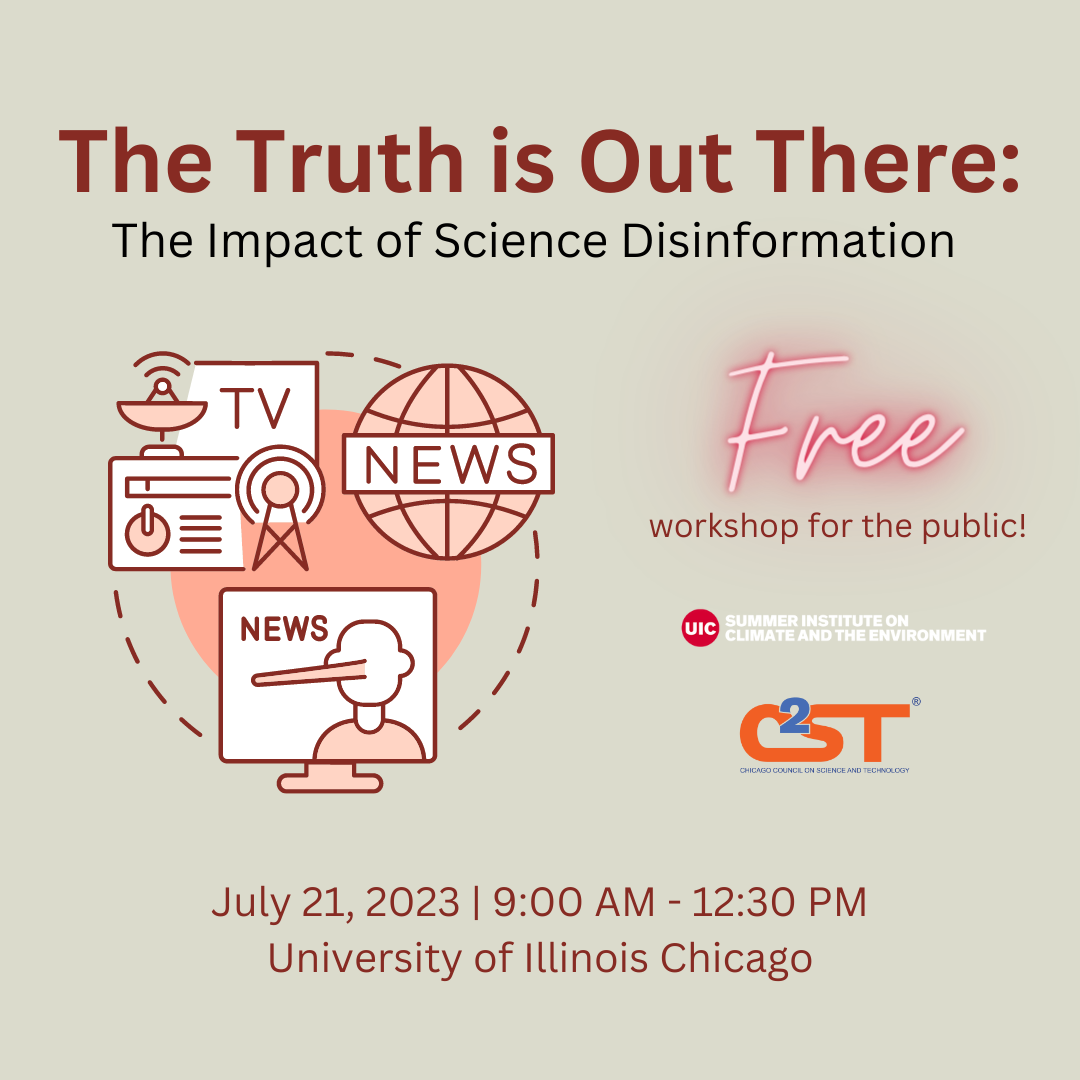
Are you experiencing information overload? Increase awareness and confidence in knowing types of communication and becoming allies in propagating ACCURATE information.
Empower yourself, bring friends and neighbors, and register NOW to attend this FREE workshop appropriate for ages 12+. *Please bring a SMART device
Continue reading “The Truth is Out There: The Impact of Science Disinformation”
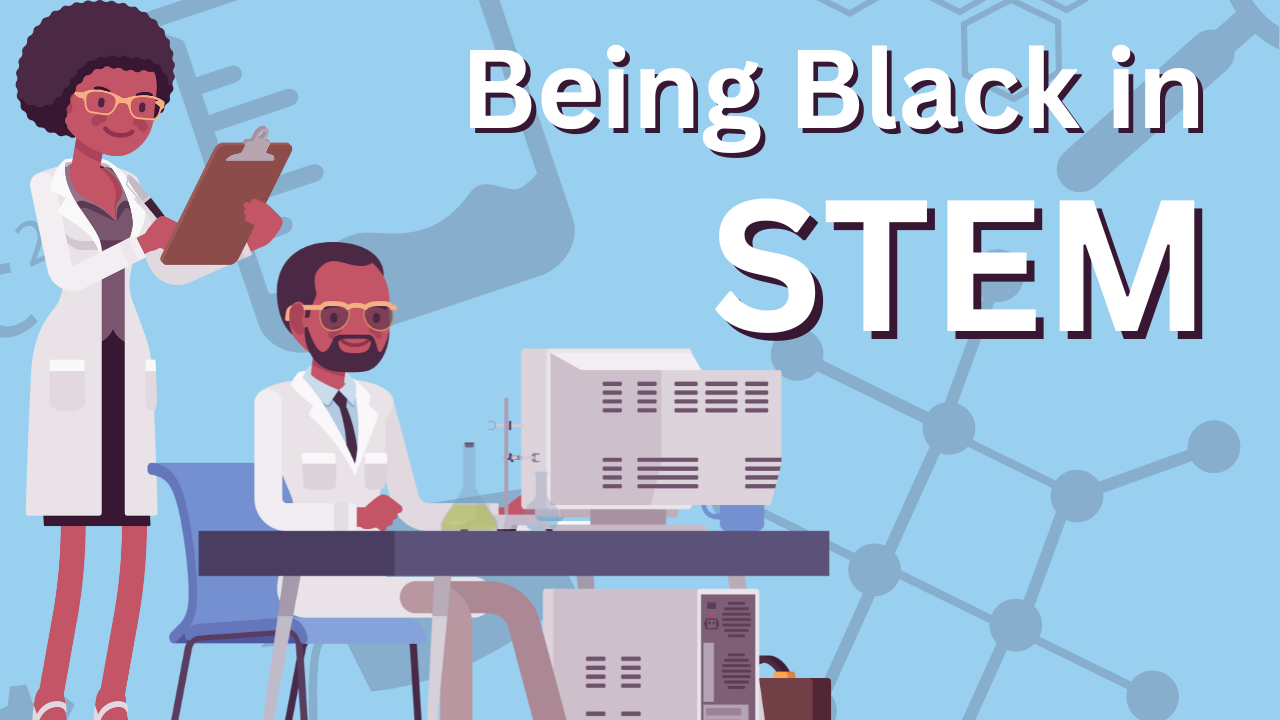
Racialized inequities within STEM, or the unequal distribution of opportunities and resources based on race, have led to disparities in academic achievement and outcomes for BlPOC youth. Black students, in particular, are often underrepresented in STEM fields and are more likely to face barriers preventing them from succeeding.
One factor contributing to this inequality is the historical legacy of racism and discrimination, which has resulted in limited access to quality education, resources, and opportunities for many Black individuals. Additionally, the lack of representation and cultural competence in STEM fields has created a difficult environment for Black students to succeed; role models that reflect Black students can create a STEM environment that is more comfortable and safe to navigate.
Continue reading “Being Black in STEM”

